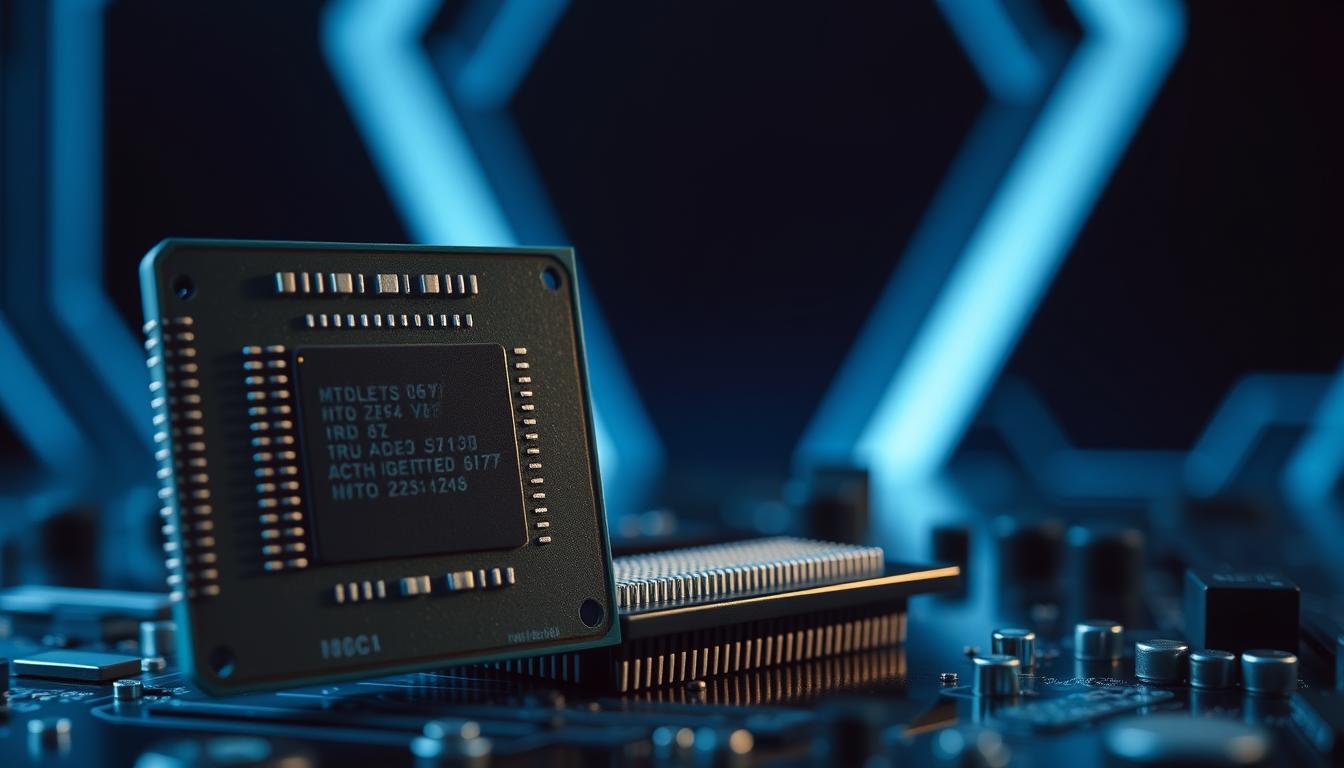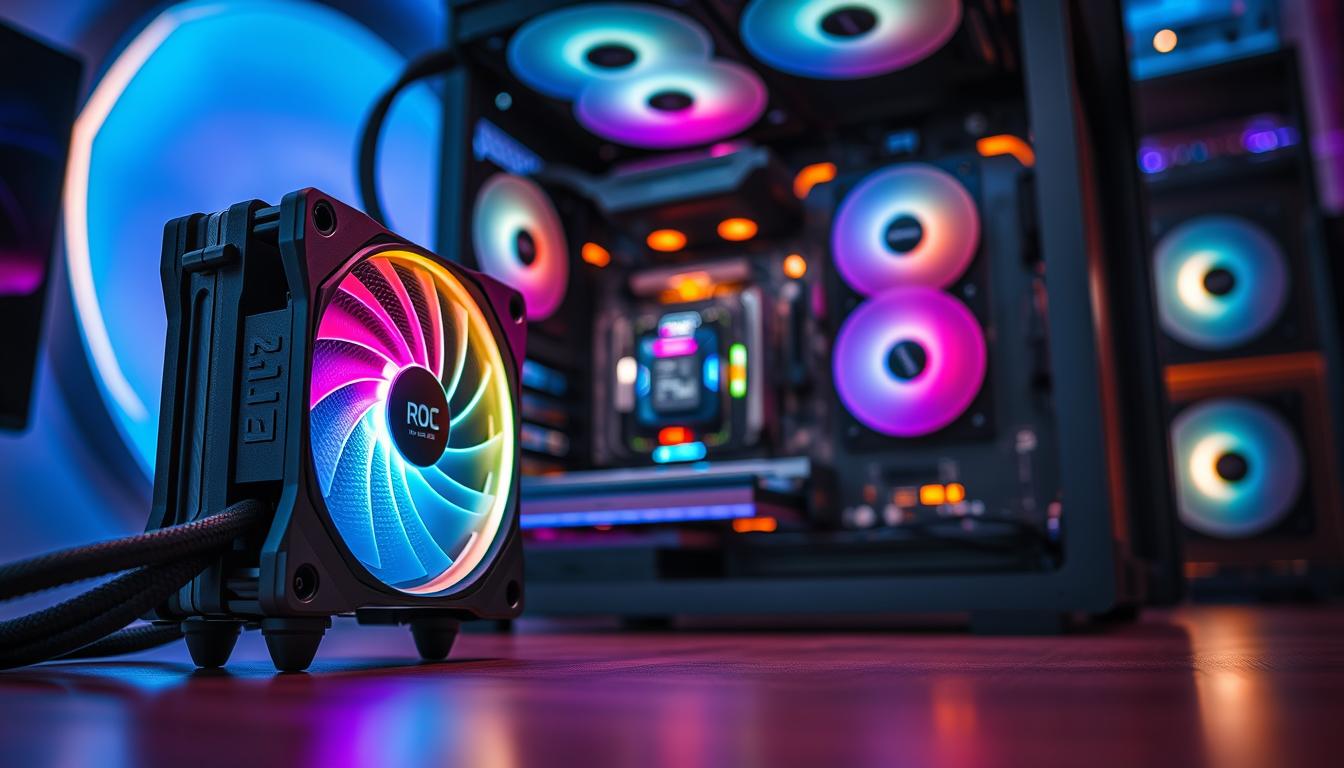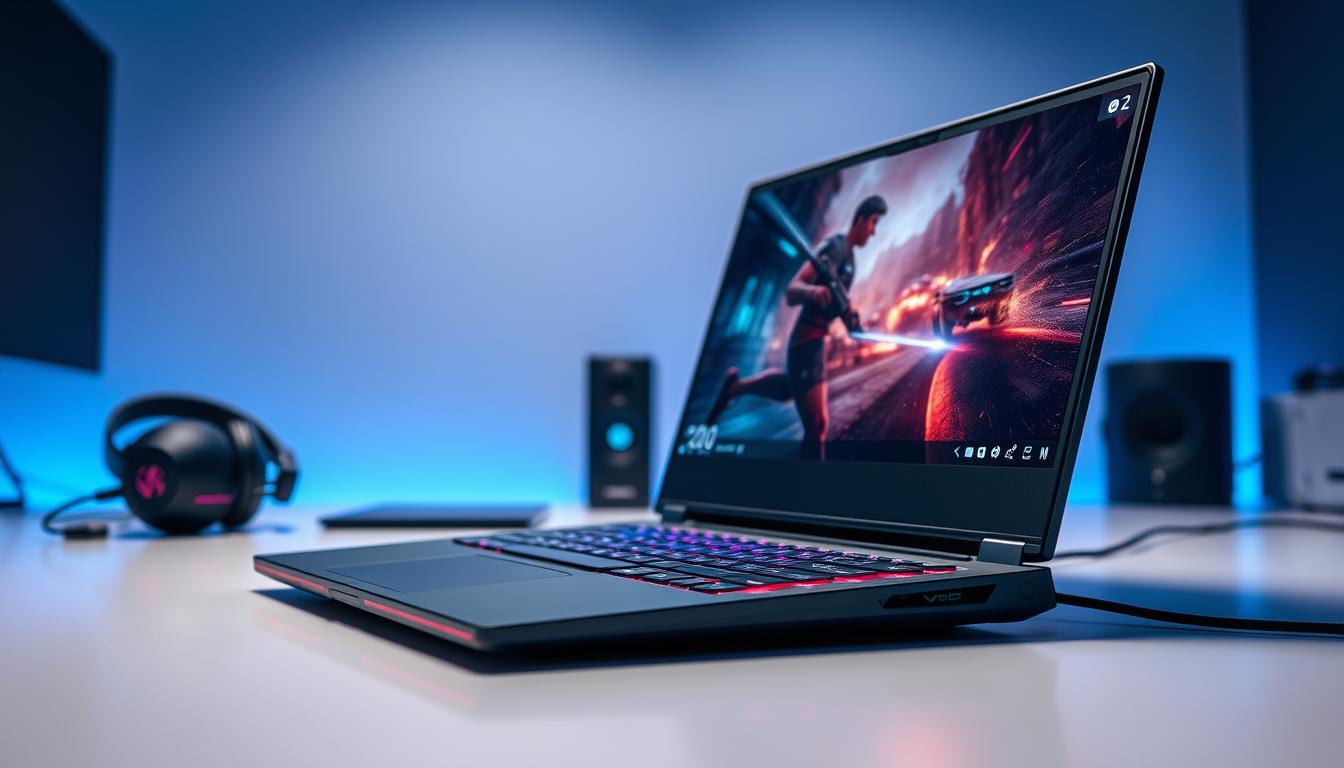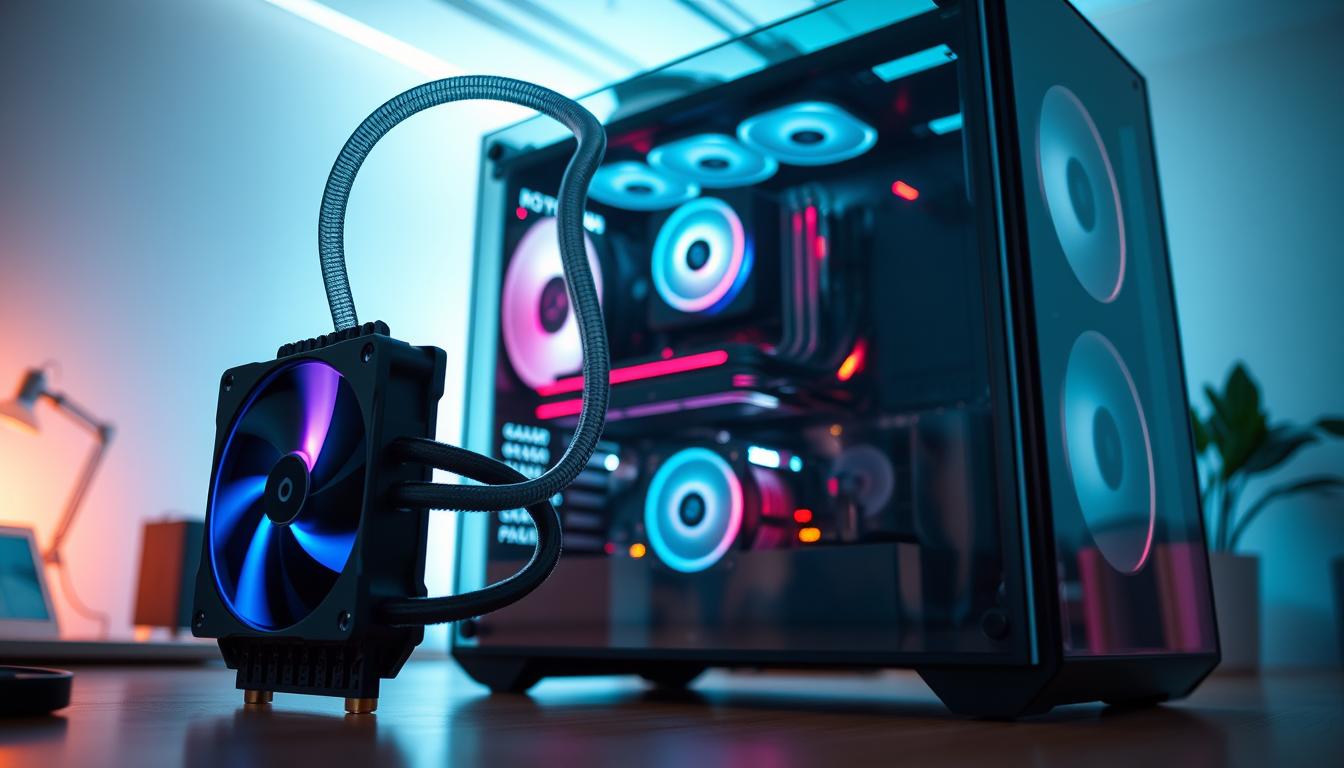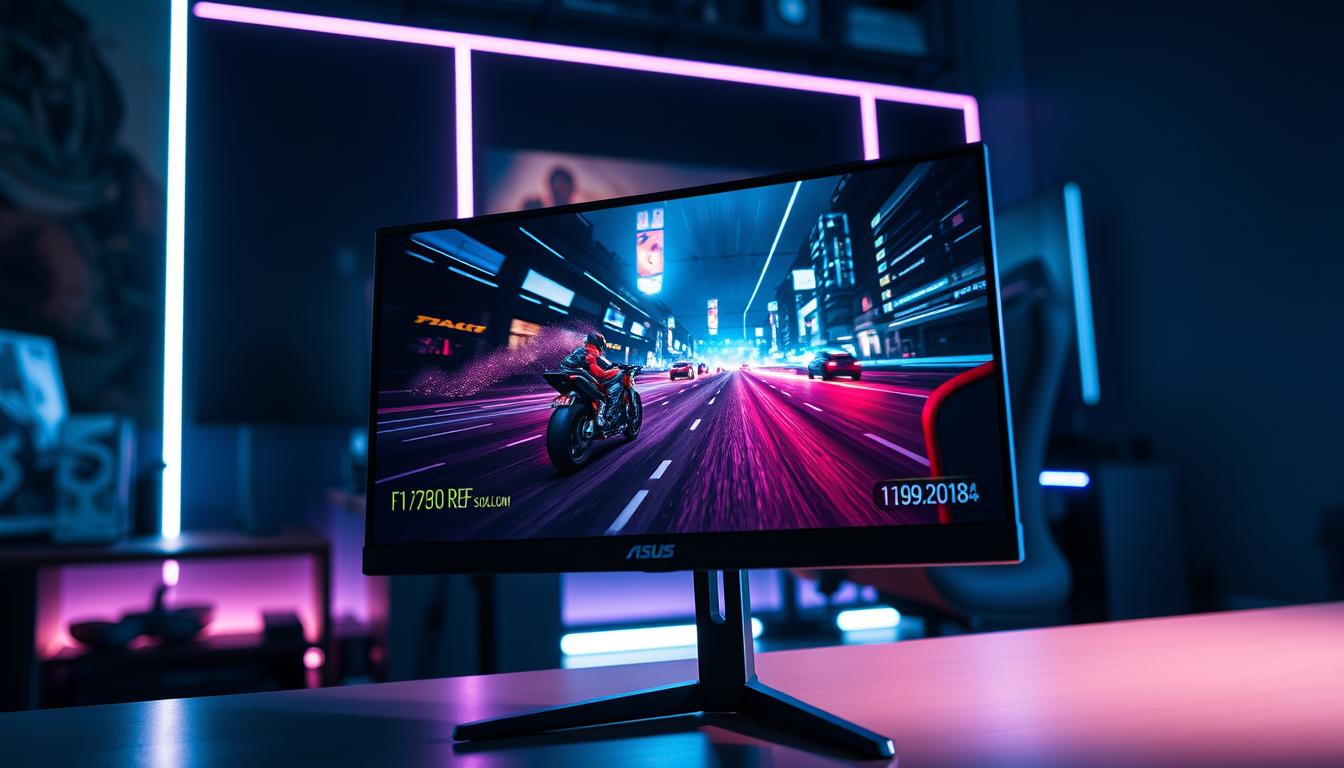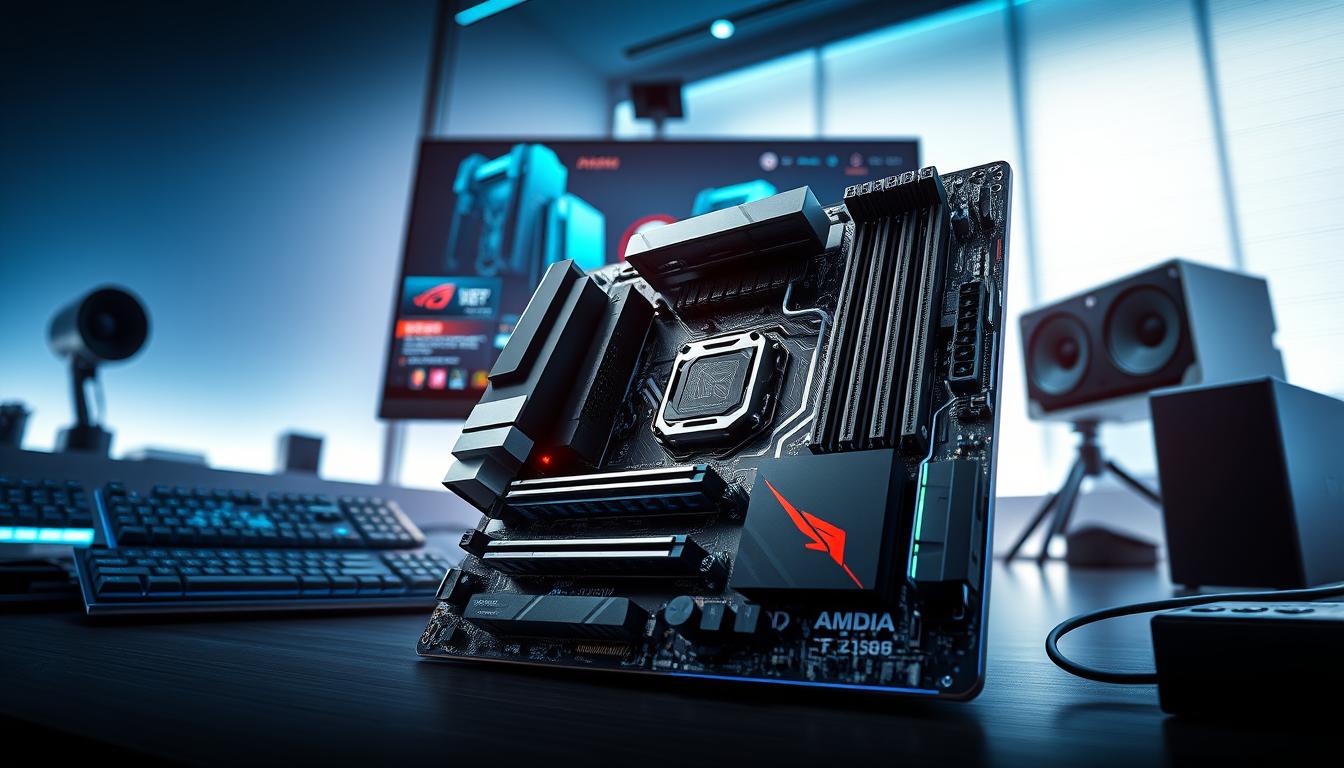CPU Fan Coolers: A Comprehensive Guide As a computer enthusiast, I’ve learned how important a good CPU fan cooler is to preserving peak performance. Many people refer to the central processing unit, or CPU, as the computer’s brain. It carries out computations & processes instructions that are necessary for operating games and apps. However, the CPU can overheat and cause thermal throttling or even irreversible damage if there is no efficient cooling solution in place.
Key Takeaways
- A quality CPU fan cooler is essential for maintaining the optimal temperature of your computer’s processor, preventing overheating and potential damage.
- When choosing a CPU fan cooler, consider factors such as compatibility with your CPU socket, size and design, noise level, and cooling performance.
- The top 5 CPU fan coolers on the market include brands like Noctua, Cooler Master, Corsair, be quiet!, and Arctic, known for their high-quality and efficient cooling solutions.
- Installing a CPU fan cooler involves carefully following the manufacturer’s instructions, applying thermal paste, and securely mounting the cooler onto the CPU.
- Upgrading to a high-performance CPU fan cooler can result in improved system stability, longer lifespan of your CPU, quieter operation, and better overclocking potential.
A high-quality CPU fan cooler keeps the temperature within safe bounds, extending the CPU’s lifespan and enabling efficient operation. Also, a quality CPU fan cooler can greatly improve my system’s overall performance. I find that my computer operates more smoothly after I make an investment in a good cooler, particularly when I’m doing taxing tasks like gaming or video editing.
This is due to the fact that a cooler CPU can operate at higher clock speeds without experiencing throttling, which improves performance. A well-designed cooler can also run silently, which lowers the noise level in my office. Consequently, selecting the best CPU fan cooler is important for ensuring that my system functions at its best, not just for lowering temperatures.
The key is compatibility. Making sure the cooler is compatible with my motherboard & fits the type of CPU socket is the most important factor. Because different CPUs have different mounting methods, it’s important to choose a cooler that works with my setup.
I also take into account the cooler’s physical dimensions because, while a larger cooler might perform better at cooling, it might also obstruct other parts or not fit in my situation. Cooling Efficiency. To determine how effectively a cooler dissipates heat, I frequently look at the airflow (measured in CFM) & static pressure.
For me, the noise level is also very important; I like coolers that run quietly, especially when doing labor-intensive tasks. Build quality & aesthetics are important. Finally, I consider quality of construction and aesthetics.
My list of the top five CPU fan coolers on the market today is the result of a great deal of research and firsthand experience. 1. . Because of its outstanding cooling capabilities and low noise levels, the Noctua NH-D15 air cooler is frequently praised as one of the best. It efficiently dissipates heat while operating quietly thanks to two fans & a sizable heatsink. 2. . **Be quiet! Dark Rock Pro 4**: As the name suggests, this cooler offers outstanding thermal performance and operates silently. Enthusiasts love it for its elegant design and premium materials. 3.
A timeless option for builders on a tight budget, the Cooler Master Hyper 212 EVO provides excellent performance at a reasonable cost. Because of its small size, it can be used for a variety of builds. 4. . For individuals who favor liquid cooling, the Corsair H100i RGB Platinum AIO (All-In-One) cooler blends style and functionality. While maintaining low temperatures, the RGB lighting gives flair to any build. 5. . **Thermalright Silver Arrow IB-E**: renowned for its remarkable cooling powers, this air cooler is a strong candidate for high-performance systems due to its distinctive design, which optimizes airflow while reducing noise.
Although each of these coolers has advantages and disadvantages, they all offer dependable cooling options for a range of user types and price ranges. At first, installing a CPU fan cooler might seem difficult, but I’ve discovered that it can be simple if you prepare ahead of time and pay close attention to details. I start by gathering the required equipment and supplies, such as screws, a screwdriver, and thermal paste (if it hasn’t been applied already). To prevent any electrical hazards, I make sure my computer is turned off and unplugged before beginning the installation.
Remove the old cooler, if one is already there, as the first step in the installation procedure. I carefully unscrew or unclip it from the CPU socket to remove it. After removing it, I use isopropyl alcohol to clean the CPU’s surface of any remaining thermal paste.
I then place the new cooler over the CPU, making sure it lines up with the motherboard’s mounting brackets or holes. To ensure correct contact without overtightening, I evenly tighten the screws or clips to hold it in place. Finally, before I close my case, I make sure all the connections are correct and connect the fan’s power cable to the motherboard. I have seen firsthand the many advantages of switching to a high-performance CPU fan cooler. Enhancement of thermal management is among the highest benefits.
My CPU runs at lower temperatures even during demanding tasks or gaming sessions thanks to a more effective cooler. This improves performance and lowers the possibility of thermal throttling, enabling my system to run at higher clock speeds for extended periods of time. I’ve also observed a decrease in noise levels. During work or gaming sessions, the noise produced by many stock coolers can be annoying. I can now work more quietly without compromising cooling efficiency by switching to a high-performance cooler made for silent operation. Also, high-performance coolers are frequently more aesthetically pleasing & well-built, which enhances my setup & guarantees longevity.
CPU fan coolers can occasionally have problems even though they work well. One frequent issue I’ve encountered is insufficient cooling brought on by dust accumulation on the fans or heatsinks. Dust can build up and block airflow over time, raising the temperature. I diagnose this problem by routinely cleaning my cooler with compressed air or a soft brush to get rid of dust & debris. Excessive fan noise is another possible problem.
Incorrect installation or a malfunctioning fan could be the cause of my cooler’s sudden increase in noise. I make sure the fan is firmly fixed and clear of obstructions in these situations. It might be time to upgrade to a quieter model or replace the fan if the noise continues. For my CPU fan cooler to last a long time and operate at its best, maintenance and cleaning are crucial.
Establishing a regular cleaning schedule, usually every few months, based on the dust levels in my surroundings, is one of the first pieces of advice I abide by. I turn off my computer when I’m cleaning, then use a soft cloth or compressed air to carefully remove any accumulated dust. I also keep an eye on how thermal paste is applied because it can dry out & lose its efficacy over time. I think about reapplying thermal paste every few years or when switching coolers if I continue to see rising temperatures in spite of cleaning efforts. Also, maintaining my computer case neat and well-organized with proper cable management enhances airflow inside the case, which further contributes to cooling effectiveness. CPU fan coolers are evolving along with technology.
One trend I’ve noticed is the growing acceptance of liquid cooling solutions because of their excellent thermal efficiency and visual appeal. Manufacturers are coming up with more sophisticated designs that include RGB lighting and customizable features as more consumers look for systems that are quieter and have better cooling capabilities. The creation of smart cooling systems that use sensors and software to continuously monitor temperatures is another fascinating trend.
By dynamically modifying fan speeds in response to workload demands, these systems maximize cooling effectiveness while reducing noise. As a builder who prioritizes both performance & aesthetics, I’m interested to see how these developments will influence CPU cooling technology in the future. In summary, realizing the value of a high-quality CPU fan cooler has been essential to improving my computer experience. When selecting a cooler, I take into account a number of factors and keep up with maintenance procedures and new developments to make sure my system is dependable and effective for many years to come.
If you are looking for the best CPU fan cooler for your computer, you may also be interested in checking out this article on the best fans for PC case from Your Computer Builder. Having a good cooling system is essential for maintaining the performance and longevity of your CPU, and this article can help you find the right fan for your needs.
FAQs
What is a CPU fan cooler?
A CPU fan cooler is a device that is used to cool the central processing unit (CPU) of a computer. It consists of a fan and a heatsink, which work together to dissipate the heat generated by the CPU during operation.
Why is a CPU fan cooler important?
A CPU fan cooler is important because it helps to prevent the CPU from overheating. Overheating can lead to reduced performance and even permanent damage to the CPU. A CPU fan cooler helps to maintain a safe operating temperature for the CPU.
What are the benefits of using a high-quality CPU fan cooler?
Using a high-quality CPU fan cooler can provide better cooling performance, lower noise levels, and longer lifespan for the CPU. It can also allow for more stable and reliable operation of the computer, especially during demanding tasks such as gaming or video editing.
How do I choose the best CPU fan cooler for my computer?
When choosing a CPU fan cooler, consider factors such as the size and compatibility with your CPU socket, the cooling performance, noise levels, and any additional features such as RGB lighting or software control. It’s also important to consider your budget and any specific cooling needs for your computer.
Are there different types of CPU fan coolers available?
Yes, there are different types of CPU fan coolers available, including air coolers and liquid coolers. Air coolers use a combination of fans and heatsinks to dissipate heat, while liquid coolers use a closed-loop system with a pump, radiator, and fan to cool the CPU. Each type has its own advantages and considerations.


